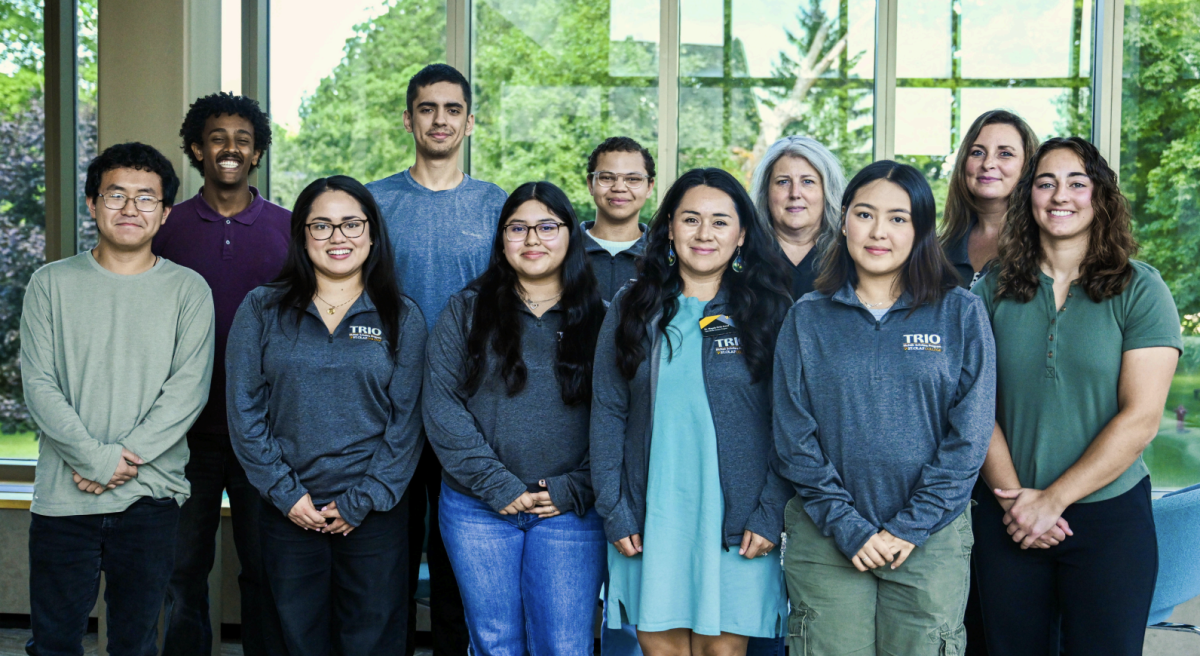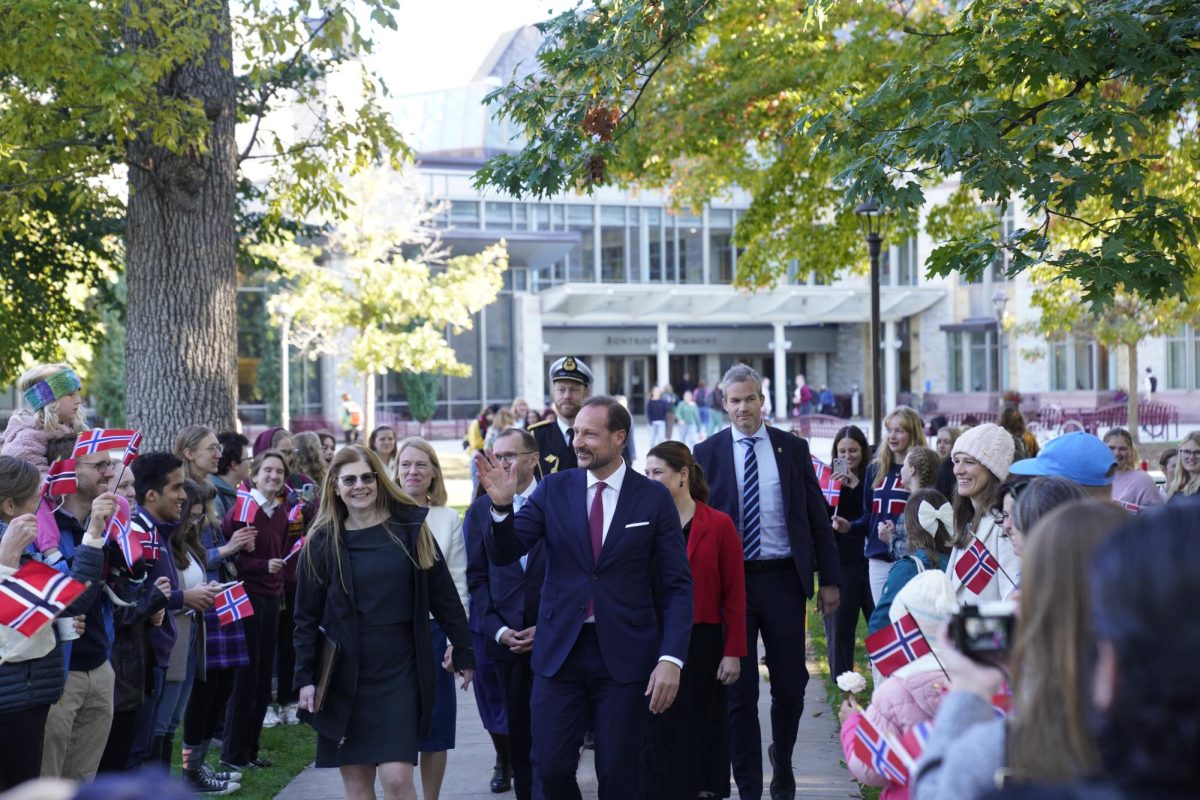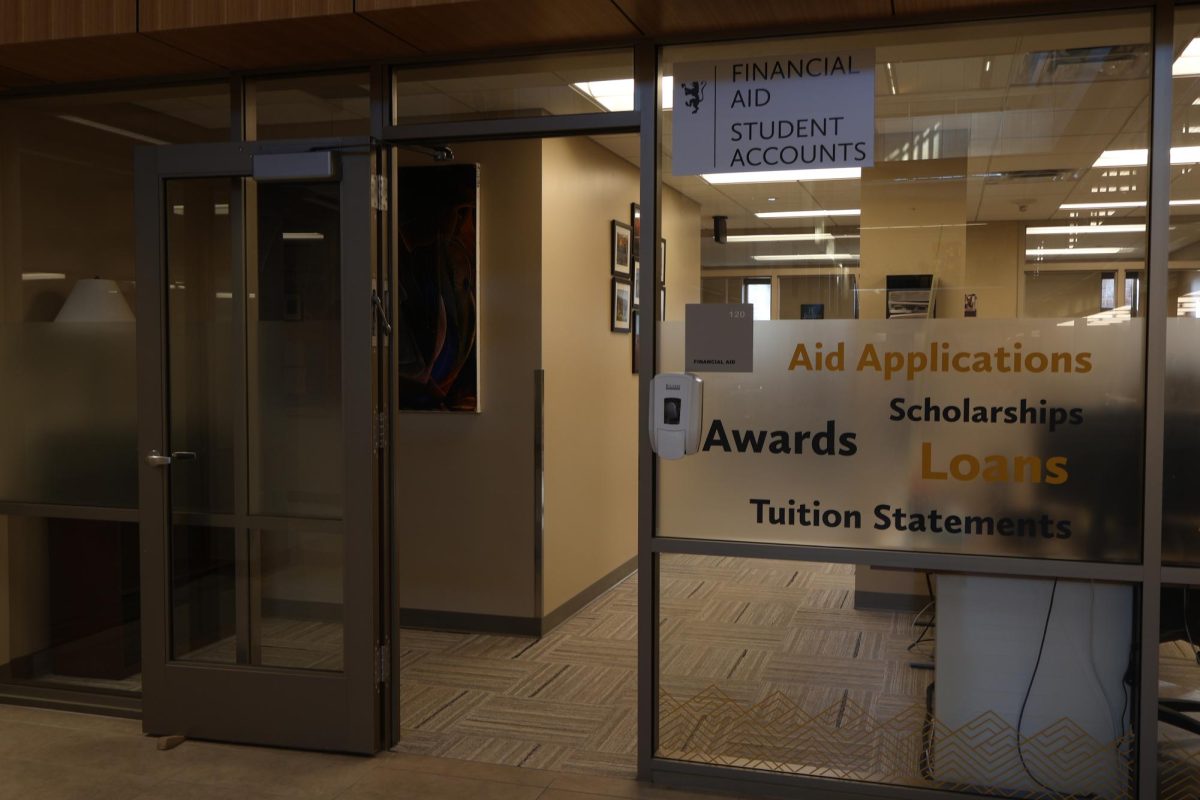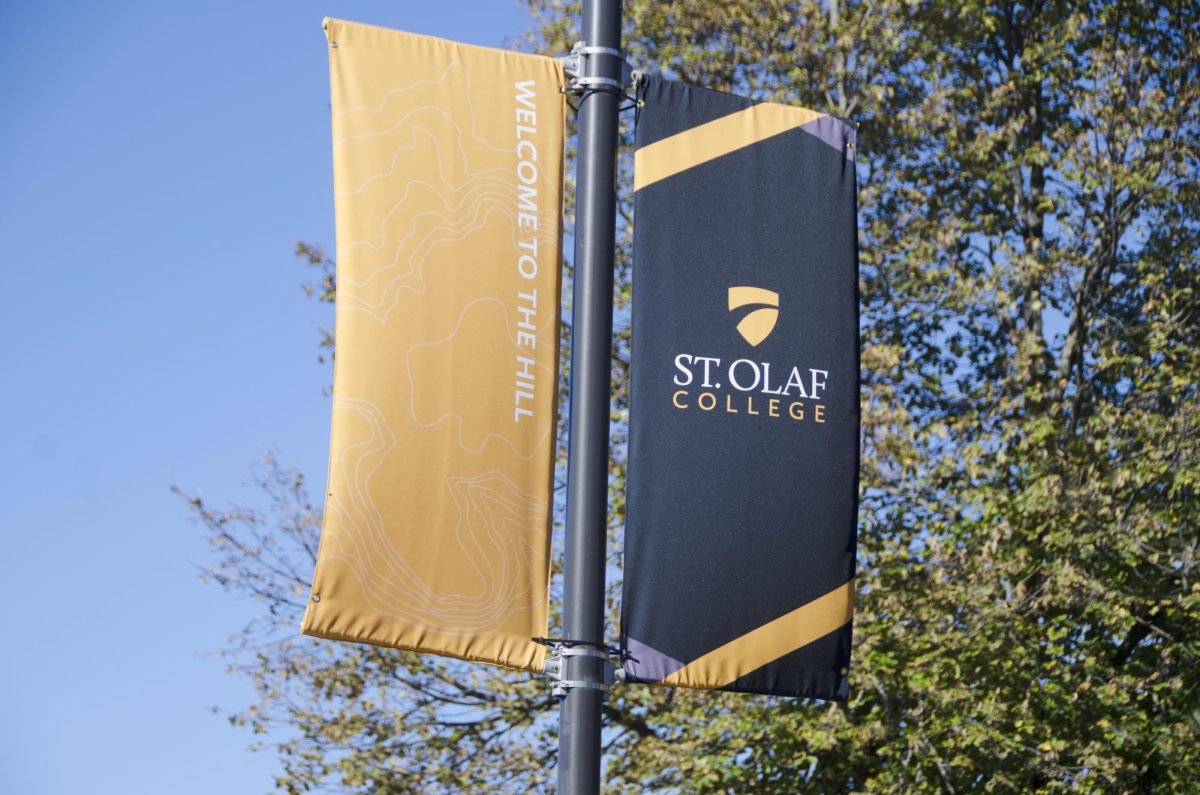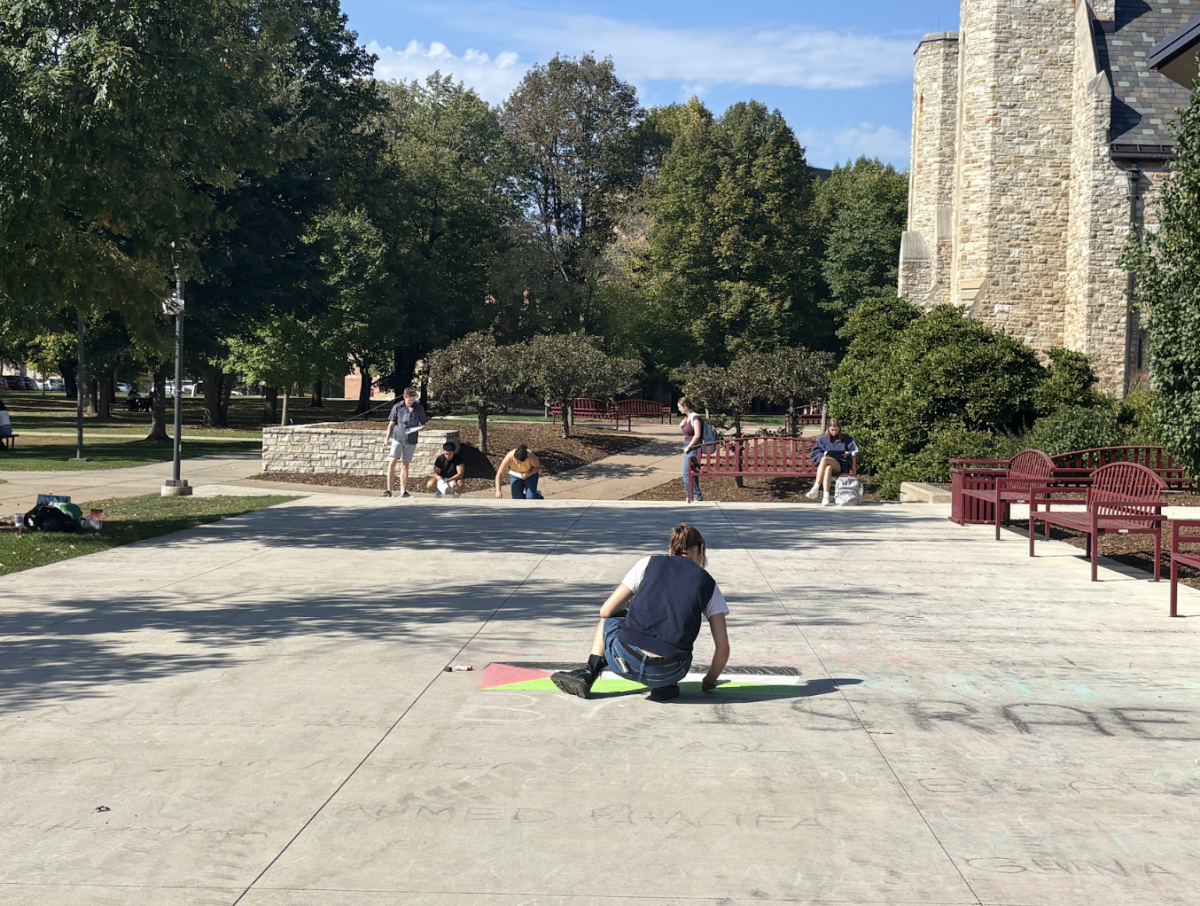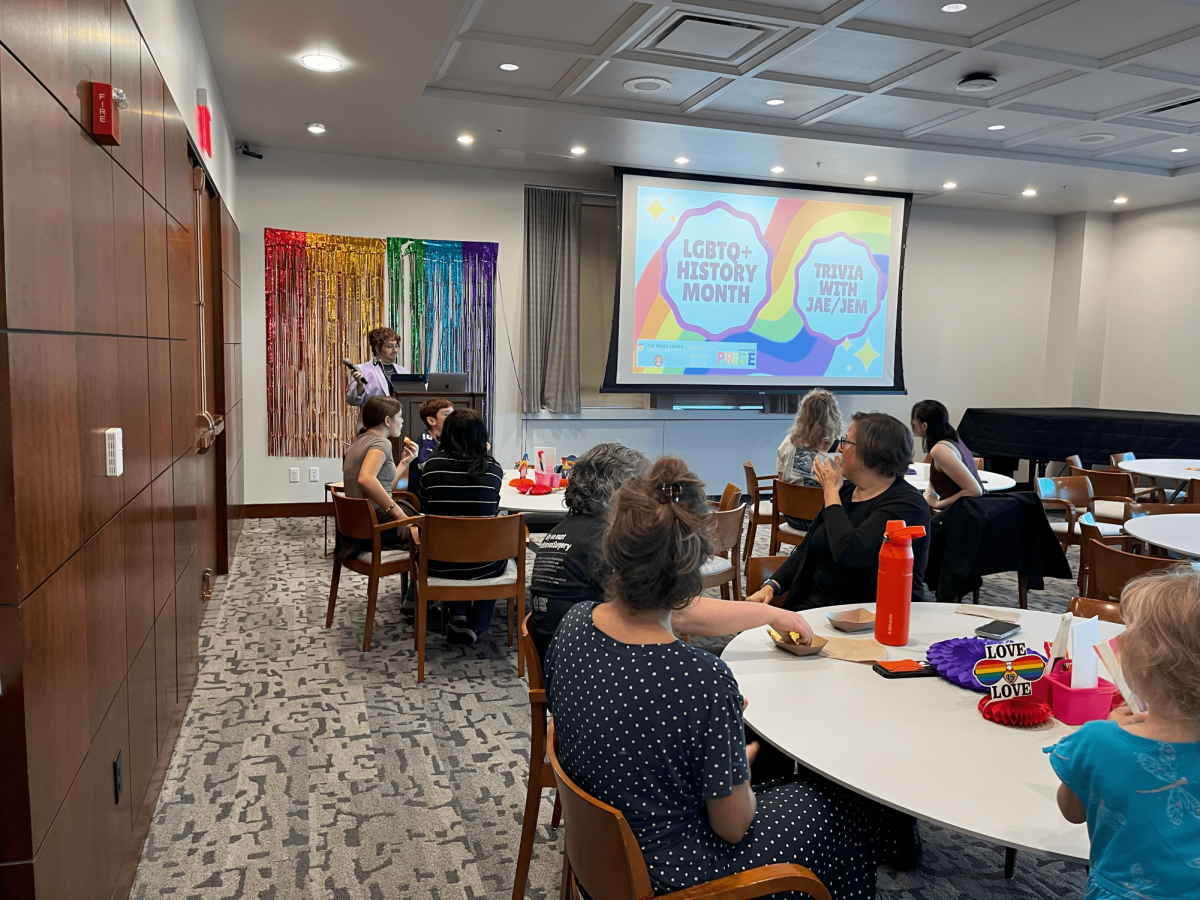Hours before a government shutdown, St. Olaf College notified the campus community in a Weekly Rundown email on Sept. 30 that the College’s TRIO programs have received full funding for the 2025-26 academic year. This comes at a time where the Department of Education chose to end “racially discriminatory discretionary grant programs” and froze $660 million worth of TRIO grants.
Established in 1964 under the Economic Opportunity Act, TRIO is a federal service consisting of eight programs utilized as an outreach tool for students from disadvantaged backgrounds such as first-generation or low-income to help them navigate higher education.
While TRIO programs have had continuous bipartisan support in Congress since its inception, President Donald Trump suggested cutting TRIO completely in his 2026 Fiscal Year Discretionary Budget Request stating that “the pendulum has swung and access to college is not the obstacle it was for students of limited means.” Trump suggests that higher education institutions should use their own funds to do the work that programs like TRIO do.
However, according to St. Olaf TRIO McNair Scholars Program Director Melissa Melgar, TRIO programs aim “to provide equity for low-income and first-generation students in pursuing higher education.”
“I do believe that St. Olaf has a lot of great resources,” Melgar said in an interview with The Olaf Messenger. “But, I believe what McNair does that’s so great is connecting students to resources and providing more intensive advising to help them access those resources.”
This has been true for Karen Henriquez Fajardo ’26, a low-income first-generation student from Iowa. She has been part of both TRIO Student Support Services and McNair Scholars throughout her college career.
“McNair has been so crucial to my vocation, to everything that I’m trying to achieve as far as my career goes,” Henriquez Fajardo said in an interview with The Olaf Messenger. “They’ve looked at every personal statement that I’ve ever written, a number of resumes that I’ve created, and they’ve also been absolutely fundamental when it comes to financing all of those things.”
Both programs have helped Henriquez Fajardo secure funding and housing for summer internships.
St. Olaf College is home to five TRIO programs — McNair Scholars, Student Support Services, Upward Bound, Student Support Services with Disabilities, and Educational Talent Search. These programs serve roughly a third of the student body annually and “bring over $2 million to the College each year,” according to a 2025 TRIO program overview.
When September rolled around and there were no signs of their grant award notifications, St. Olaf TRIO began to spread the word of what was happening. They posted on social media, sent emails, had one-on-one conversations with faculty mentors, supporters, and administrators, and even had people reach out to Congress. Melgar and Associate Director of TRIO McNair Scholars Program Magaly Ortiz Arend believes that it is because of the community support that St. Olaf received their grant awards by the end of the fiscal year cycle.
However, this seemingly swift resolution has not been the case for all TRIO programs nationwide.
On Oct. 3, the Council for Opportunity in Education — the parent organization of TRIO — announced that they are filing a litigation against the Department of Education for “unprecedented refusal to award over 100 grants,” or abruptly cancelling TRIO programs that were not set to expire until 2026 or later.
The Department of Education’s actions have resulted in around $40 million being taken away from TRIO and roughly 40,000 students being left without academic support and resources.
According to Melgar and Ortiz Arend, the College’s TRIO programs are safe for now, but the next battle is securing funding for the 2026-27 academic year.
“This bill that [Congress] is putting together will determine the future for TRIO programs,” Melgar said.
The bill in question is the Fiscal Year 2026 Departments of Labor, Health and Human Services, Education, and Related Agencies Bill, which is continuing TRIO funding for 2026. The House Appropriations Committee passed the bill on Sept. 9. However, it has yet to go through the Senate, which could have a wait of up until December due to the current government shutdown.
